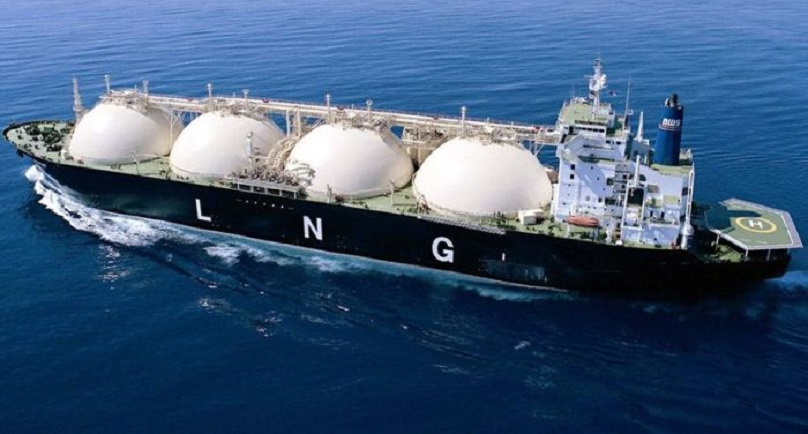Since its establishment in the country Exxon Mobil’s gigantic Liquefied Natural Gas (LNG) has given hopes to the Papua New Guinean people in terms of economic development.
The project has no doubt led to significant investments in the country; however, according to a report by UK-based, Economist Intelligence Unit, the costs may outweigh the benefits of the local population.
The report found that the revenue generated by the Liquefied Natural Gas would not be enough to contain the country’s unemployment rate.
According to the research statistics, it showed that out of Papua New Guinea’s population of 7.5 million, 4.4 million were within the employment age, however, only 2.7 million were actually employed. Only 8.2 per cent of the people in their working age were in the formal sector. The majority, more than about 87 per cent were left in the informal sector of mostly subsistence farming.
The report said that the K45 billion from the project boosting the country’s annual GDP, would increase the average inflation rate to 5 per cent in 2014; and it does not stop there, the report also predicted that the figure will rise to a further 6.8 per cent between this year and 2018 with measures such as a tighter monetary policy by strengthening the currency, rise in government expenditure and a rise in export expansion.
It was stated in the report that: “With this inflation, prices of goods and services can be expected to increase, which will have a great impact on the majority of the population who do not earn a wage.”
The report also warned that in the case where the government fail to observe the credit growth from the LNG project, pressure would build towards the forecasted inflation rate and it may rise even higher.
Celine Rouzet, a freelance journalist and radio documentary producer based in Paris, who has visited the country three times, has said that little development has taken place within the provinces concerned such as Southern Highlands and Hela Province; with one major concern being the trickle of benefits slipping down to the people in the rural areas who make up about 80% of Papua New Guinea’s informal sector.
In her article titled: ‘Papua New Guinea- Exxon Mobil’s Gas Project’ on Pulitzer Center’s website, Rouzet stated that even with the billions of kina pumped into the PNG economy, there are some doubts concerning the mid-term to long-term benefits.
While the reports present challenging points, commenting in a media release recently, the Prime Minister, Peter O’Neill said that the production of LNG in Papua New Guinea is one of the most important developments in PNG history and the benefits will be felt for decades.
The Prime Minister stated that the LNG project is an important part of the country’s business success story.
“We are building new classrooms and more children are going to school, we are making healthcare truly universal, improving law and order and building the infrastructure we need for a stable economy,” O’Neill said.


